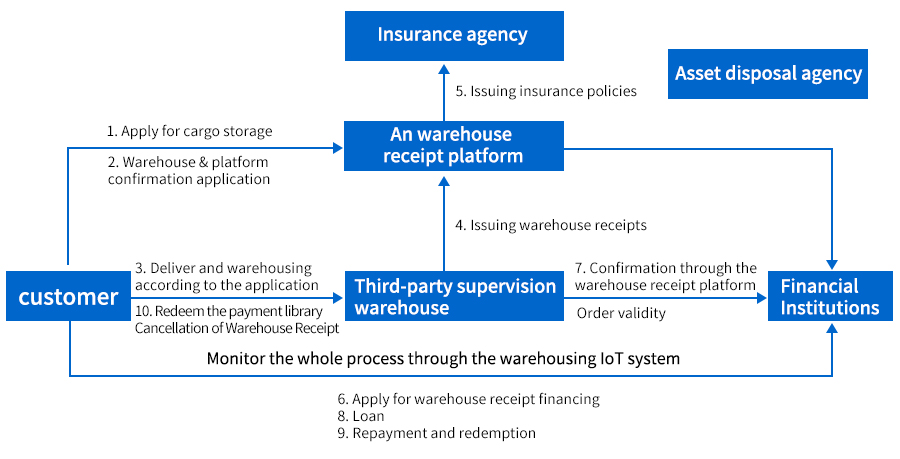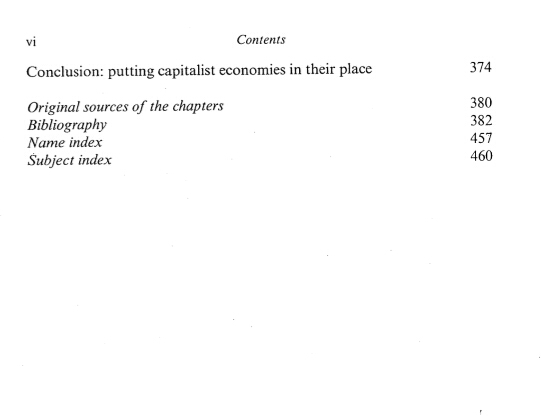Exploring the Pros and Cons of Refinancing Home Loan: A Comprehensive Guide
#### Pros and Cons of Refinancing Home LoanRefinancing a home loan is a significant financial decision that can have lasting implications on your financial……
#### Pros and Cons of Refinancing Home Loan
Refinancing a home loan is a significant financial decision that can have lasting implications on your financial health. It involves replacing your existing mortgage with a new one, typically with better terms or lower interest rates. This guide will delve into the pros and cons of refinancing home loans, helping you make an informed decision.
#### Pros of Refinancing Home Loan
1. **Lower Interest Rates**
One of the primary reasons homeowners choose to refinance is to secure a lower interest rate. A reduced rate can lead to substantial savings over the life of the loan, decreasing monthly payments and overall interest paid.
2. **Reduced Monthly Payments**
With a lower interest rate or an extended loan term, refinancing can significantly reduce your monthly mortgage payments. This can free up cash for other expenses or savings.
3. **Access to Home Equity**
Refinancing can allow homeowners to tap into their home equity, providing funds for home improvements, debt consolidation, or other significant expenses. This can be particularly beneficial for those looking to increase their home's value.

4. **Switching Loan Types**
Homeowners may want to switch from an adjustable-rate mortgage (ARM) to a fixed-rate mortgage for stability, or vice versa. Refinancing allows you to choose a loan type that better fits your financial goals.
5. **Improved Credit Score**
If your credit score has improved since you took out your original mortgage, you might qualify for better refinancing terms. A higher credit score can lead to lower interest rates and more favorable loan conditions.
#### Cons of Refinancing Home Loan
1. **Closing Costs**

Refinancing typically involves closing costs, which can range from 2% to 5% of the loan amount. These costs can negate the savings from a lower interest rate, especially if you do not plan to stay in your home long-term.
2. **Longer Loan Term**
Refinancing may extend the length of your loan, which could result in paying more interest over time. While monthly payments may decrease, the total cost of the loan could increase if you extend the term.
3. **Potential for Higher Interest Rates**
In some cases, refinancing could lead to a higher interest rate, especially if market conditions change or if your credit score has declined. It’s crucial to evaluate current market trends before making a decision.
4. **Impact on Credit Score**

The process of refinancing can temporarily lower your credit score due to the hard inquiry made by lenders. If you are planning to apply for other loans soon, this could be a factor to consider.
5. **Risk of Foreclosure**
If you refinance and take cash out, you are increasing your mortgage balance and potentially your risk of foreclosure. It’s vital to ensure that you can comfortably manage your new mortgage payments.
### Conclusion
In summary, the pros and cons of refinancing a home loan present a complex decision-making process. While it can lead to lower monthly payments and access to home equity, the associated costs and potential risks must be carefully weighed. Homeowners should assess their financial situation, long-term goals, and current market conditions before deciding to refinance. Consulting with a financial advisor or mortgage specialist can provide personalized insights tailored to your circumstances, ensuring you make the best choice for your financial future.